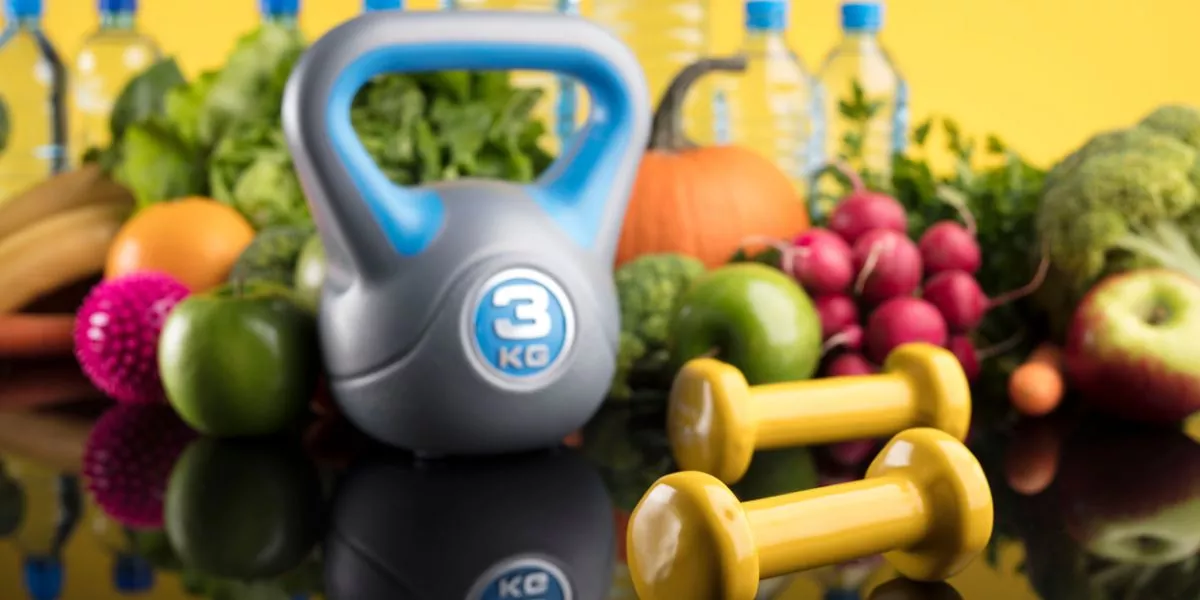
When it comes to optimizing your diet for strength training and muscle recovery, the choices you make can significantly impact your progress. Ensuring you consume the right balance of nutrients, especially protein, can make a substantial difference in how your muscles repair and grow. But that's just the beginning. There are other crucial aspects to consider that can further enhance your performance and recovery. So, let's explore these factors that go beyond just what you eat and delve into how they can elevate your fitness journey.
Protein Intake
To support your strength training and muscle recovery effectively, ensure you consume an adequate amount of protein daily. Protein is essential for repairing and building muscle tissue, making it a crucial component of your diet as you work towards fitness goals. Aim to include high-quality protein sources in each meal, such as lean meats, poultry, fish, eggs, dairy products, legumes, and plant-based options like tofu or tempeh.
Meeting your protein requirements is especially important after intense workouts to help your muscles recover and grow stronger. A general guideline is to consume around 0.8 to 1 gram of protein per kilogram of body weight. However, this amount may vary based on individual factors such as activity level, fitness goals, and overall health.
Consider incorporating protein-rich snacks like Greek yogurt, nuts, or protein shakes into your diet to ensure you're consistently meeting your protein needs throughout the day. Remember that protein works hand in hand with your training efforts to maximize muscle growth and recovery, so make it a priority in your daily nutrition plan.
Hydration Strategies
Staying hydrated is crucial for supporting your strength training and muscle recovery goals effectively. When you engage in intense workouts, your body loses fluids through sweat, making it essential to replenish them by drinking an adequate amount of water throughout the day. Dehydration can lead to decreased performance, muscle cramps, and delayed recovery, hindering your progress in the gym.
To ensure optimal hydration, aim to drink water consistently before, during, and after your workouts. It's recommended to consume about 17-20 ounces of water 2-3 hours before exercising and another 8 ounces 20-30 minutes before starting your workout. During your training session, take small sips of water to stay hydrated without feeling bloated. After you finish, drink another 8 ounces within 30 minutes and continue to hydrate throughout the day.
Nutrient Timing
Ensuring proper timing of your nutrient intake is crucial for maximizing the benefits of your strength training and muscle recovery efforts. Consuming the right nutrients at the right times can enhance muscle protein synthesis, glycogen replenishment, and overall recovery.
Before your workout, focus on consuming a balanced meal that includes carbohydrates for energy and protein to support muscle repair. Aim to eat this meal 2-3 hours before your workout to allow for proper digestion.
During your workout, consider sipping on a carbohydrate-electrolyte drink to maintain hydration and provide fuel for your muscles.
Post-workout nutrition is key for muscle recovery. Consume a mix of protein and carbohydrates within 30 minutes of finishing your workout to promote muscle protein synthesis and replenish glycogen stores. Additionally, having a protein-rich snack before bed can support overnight muscle repair and growth.
Recovery Foods
Optimizing your recovery after workouts involves strategically choosing the right foods to support muscle repair and growth. Consuming a balanced combination of protein and carbohydrates within 30 minutes to an hour post-exercise can enhance recovery. Protein is crucial for rebuilding muscle tissue, while carbohydrates replenish glycogen stores and help facilitate protein absorption. Foods like Greek yogurt with berries, a turkey sandwich on whole grain bread, or a smoothie made with protein powder, banana, and spinach are excellent options.
In addition to protein and carbs, incorporating anti-inflammatory foods can help reduce muscle soreness and speed up recovery. Foods rich in omega-3 fatty acids, such as salmon, walnuts, and chia seeds, possess potent anti-inflammatory properties. Including colorful fruits and vegetables like berries, cherries, and leafy greens can also aid in reducing inflammation and providing essential vitamins and minerals for overall recovery.
Hydration is another key component of effective recovery. Replenishing fluids lost during exercise is crucial for maintaining optimal performance and aiding in muscle repair. Aim to drink plenty of water throughout the day and consider consuming hydrating foods like watermelon, cucumber, and broth-based soups to support recovery and overall hydration levels.




